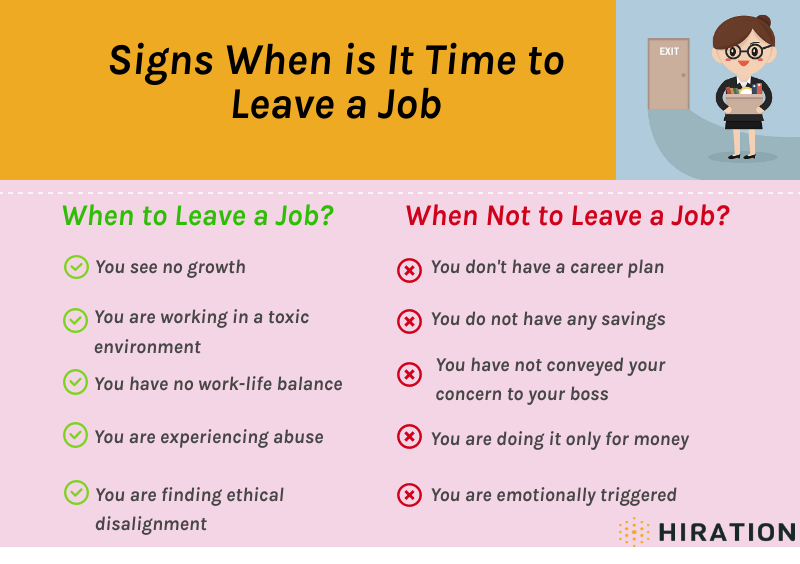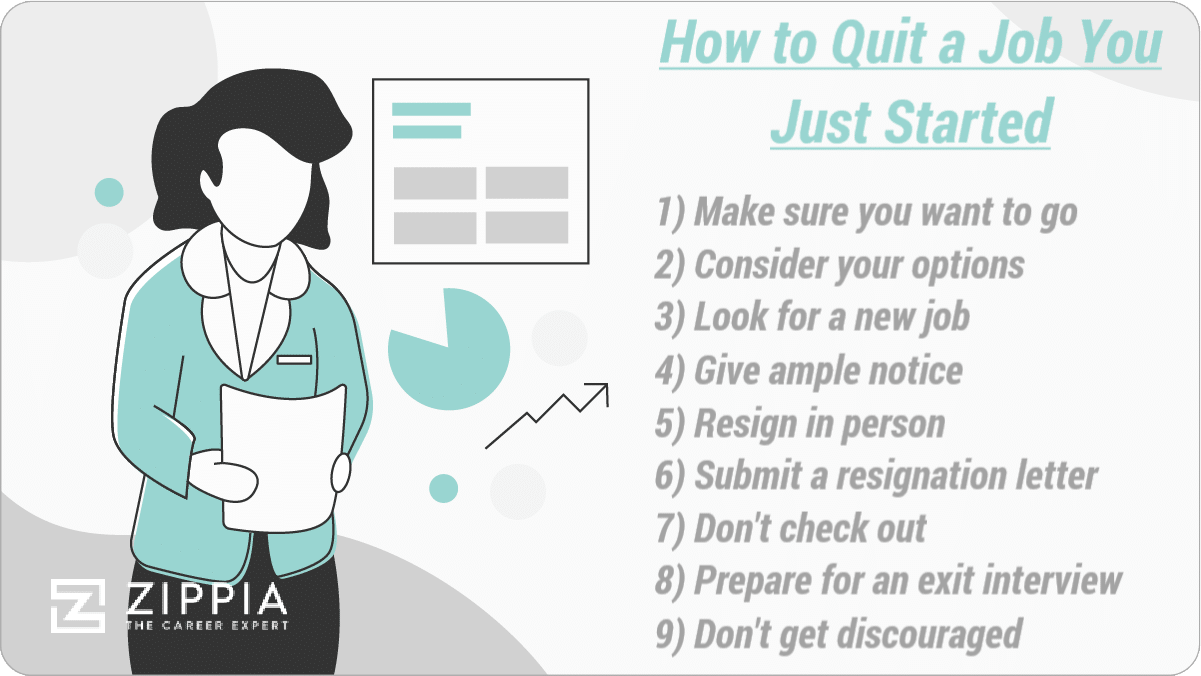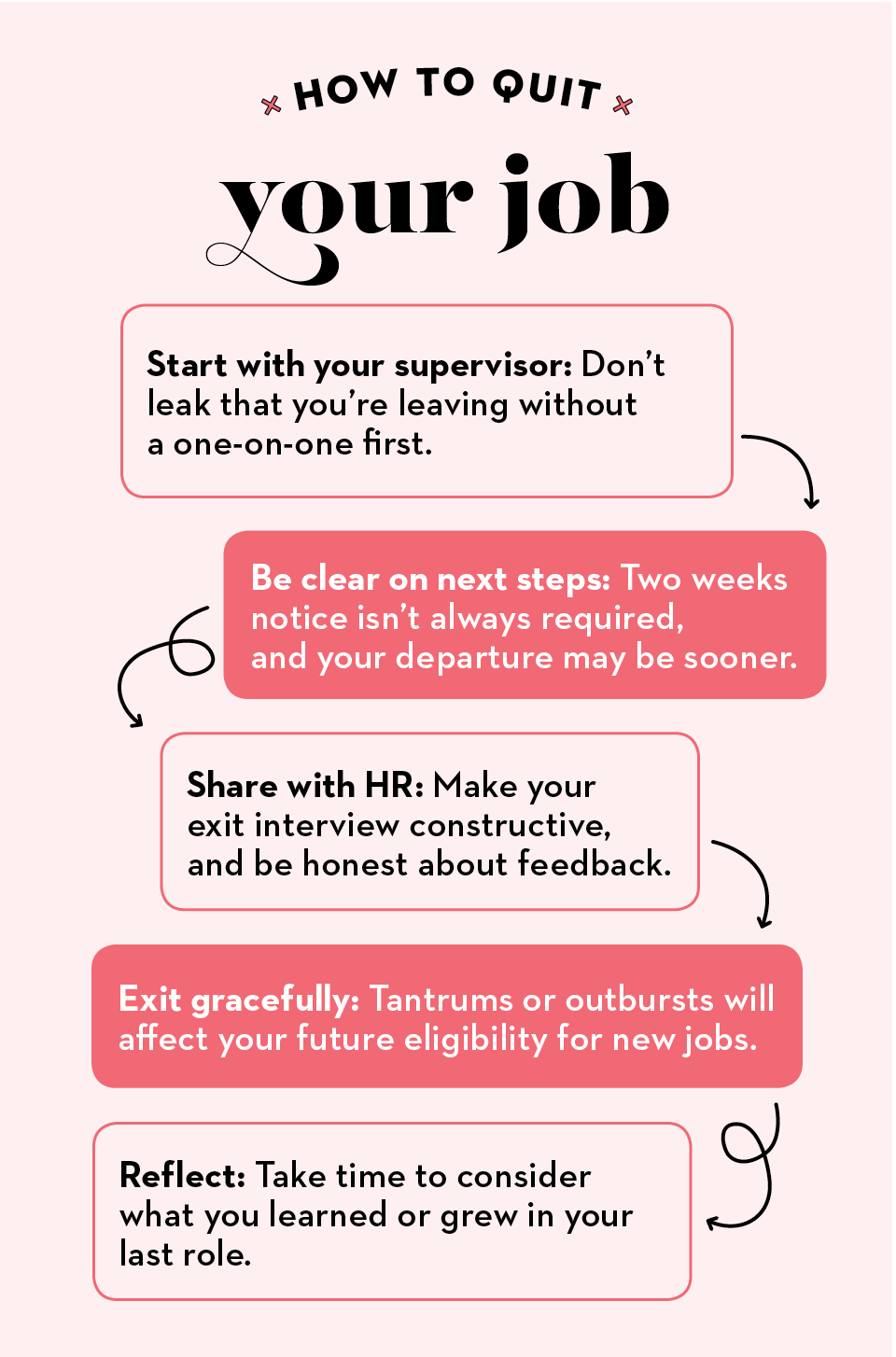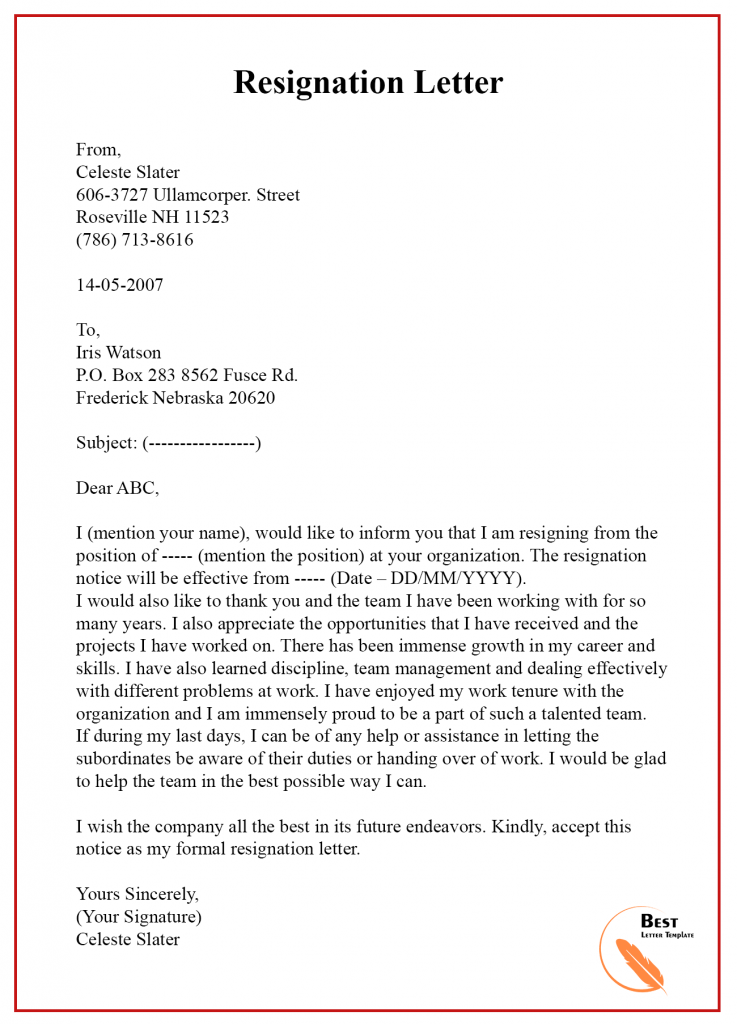How Do You Tell Your Manager You Want To Quit

Facing career crossroads? Navigating the conversation of resigning from your job requires careful planning and execution.
This article provides a straightforward guide on how to inform your manager of your decision to leave, ensuring a professional departure and preserving valuable relationships. This includes who you need to talk to, what information to convey, where the conversation should take place, when is the appropriate time, and how to manage the discussion.
Timing is Everything
The when is crucial. Before informing your manager, finalize your next opportunity.
Having a signed offer letter ensures you're not left in a precarious situation if things don't go as planned. Once secured, aim to schedule the conversation early in the week, giving both you and your manager time to process and plan for the transition.
A recent 2023 study by the Society for Human Resource Management (SHRM) revealed that employees who resign early in the week experience a smoother exit process.
The Conversation: Direct and Respectful
The how hinges on clarity and respect. Schedule a private, one-on-one meeting with your manager, the who in this scenario.
Begin by expressing your appreciation for the opportunities and experiences gained during your tenure at the company. State your decision to resign directly and concisely.
Avoid rambling or getting overly emotional. For example, you could say, "I've accepted a position at another company and my last day will be [date]."
What to Include in Your Resignation
The what includes essential details. Provide a formal resignation letter, either printed or emailed following the conversation, confirming your departure date.
This letter serves as an official record for HR. Keep the letter brief and professional, reiterating your thanks and offering assistance during the transition period.
According to a 2022 survey by Glassdoor, 85% of managers appreciate receiving a formal resignation letter as it provides a clear and documented record of the employee's departure.
Where to Have the Conversation
The where focuses on privacy and professionalism. Choose a neutral and private location, such as a conference room or your manager's office.
Avoid delivering the news in a public space or through impersonal channels like email or instant messaging. Face-to-face communication demonstrates respect and allows for a more meaningful dialogue.
Remote workers should schedule a video call to maintain a professional and personal connection during this important conversation.
Navigating the Aftermath
Prepare for your manager's reaction. They may be surprised, disappointed, or even angry.
Remain calm and professional, reiterating your appreciation and willingness to assist with the handover process. Be prepared to discuss your responsibilities and potential replacements. Offer to document your workflows and train your successor to ensure a smooth transition for the team.
Remember, maintaining a positive relationship with your former employer can benefit your future career prospects.
Don't Burn Bridges
Avoid negativity. Refrain from badmouthing the company or your colleagues during your exit interview or in any subsequent conversations.
Focus on the positive aspects of your experience and express gratitude for the opportunities you were given. Leaving on good terms ensures that you maintain a positive professional reputation and potentially open doors for future collaborations or referrals.
“Your reputation is everything,” advises career coach, Lisa Thompson, "Treat every interaction, even your resignation, as an opportunity to build and maintain strong professional relationships."
Next Steps and Ongoing Developments
Following your conversation and submission of your resignation letter, work closely with your manager to develop a transition plan. This plan should outline your key responsibilities, ongoing projects, and any necessary training for your replacement.
Ensure all your tasks are properly documented and handed off before your departure date. As you prepare for your next role, focus on closing out your current chapter professionally and leaving a positive impact on your former team.
Stay tuned for updates on best practices for navigating workplace transitions and maintaining professional relationships after leaving a job.





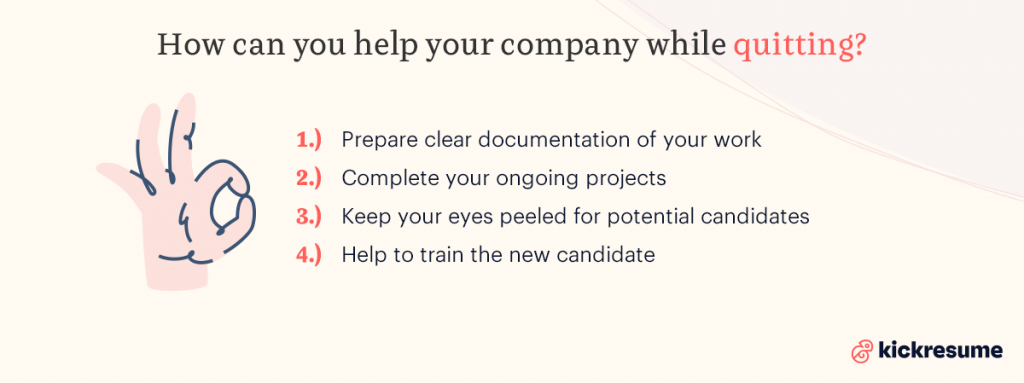



:max_bytes(150000):strip_icc()/how-to-tell-your-boss-you-re-quitting-your-job-2063035_FINAL-5b88037cc9e77c002cc6f46c.png)
